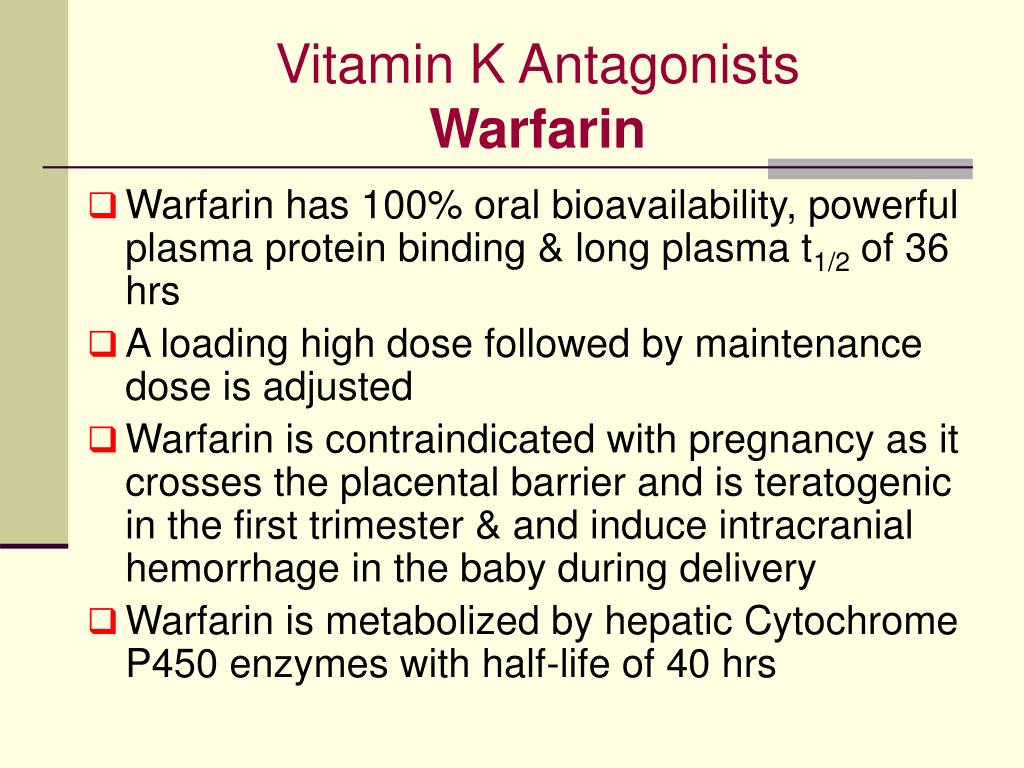

Dabigatran and apixaban are indicated for the prevention of systemic embolism and stroke in persons with nonvalvular atrial fibrillation. Food and Drug Administration since publication of the eighth edition in 2008. The ninth edition of the American College of Chest Physicians guidelines, published in 2012, includes a discussion of anticoagulants that have gained approval from the U.S.

Increasingly, self-testing is an option for selected patients on warfarin therapy. Bridging with low-molecular-weight heparin or other agents is based on balancing the risk of thromboembolism with the risk of bleeding.

Warfarin therapy should be stopped five days before major surgery and restarted 12 to 24 hours postoperatively. The international normalized ratio goal and duration of treatment with warfarin vary depending on indication and risk. The heparin product or fondaparinux should be continued for at least five days and until the patient's international normalized ratio is at least 2.0 for two consecutive days. When warfarin therapy is initiated for venous thromboembolism, it should be given the first day, along with a heparin product or fondaparinux. Warfarin, a vitamin K antagonist, is recommended for the treatment of venous thromboembolism and for the prevention of stroke in persons with atrial fibrillation, atrial flutter, or valvular heart disease. The American College of Chest Physicians provides recommendations for the use of anticoagulant medications for several indications that are important in the primary care setting.


 0 kommentar(er)
0 kommentar(er)
